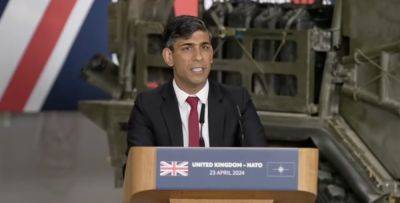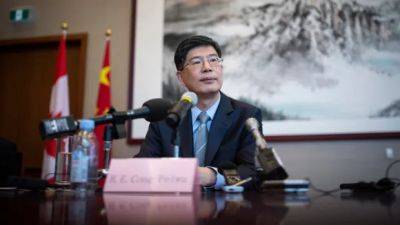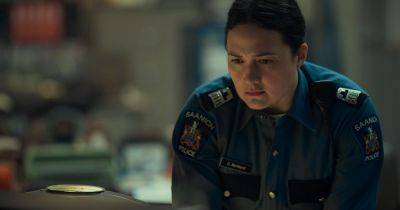Canada pledges billions in new defence spending, but doesn't reach NATO's 2% commitment
Two years after being ordered on an urgent basis, a new defence policy for Canada that promises to bolster the military's surveillance and combat capabilities in the Arctic was unveiled Monday.
The strategy promises to deliver new equipment, including airborne early warning aircraft (AWACs), long-range surface-to-surface missiles for the army and utility helicopters that may or may not be manned.
The plan also lists new equipment the Department of National Defence is considering acquiring, such as air defence systems to protect critical infrastructure and new submarines.
The new policy, entitled Our North, Strong and Free, includes an additional $8.1 billion in new defence spending over the next five years and commits to an additional $73 billion in defence spending over the next two decades.
The additional investments will not bring Canada all the way to meeting NATO's military spending target for member nations — two per cent of national gross domestic product. The Liberal government estimates that the new policy will see military spending rise to 1.76 per cent of GDP by 2029-30.
«This is a significant increase in defence spending and is a major step forward in our effort to reach two percent of GDP, as agreed by NATO members at the Vilnius Summit in 2023,» the policy document says.
How it will be received by Canada's allies — many of whom have been putting pressure on Ottawa to meet its commitments in response to Russia's war on Ukraine — remains to be seen.
Major allies, notably the United States and Britain, also have been pushing Canada to take a more active position in defending the Arctic, where Russia has been building up and restoring many Cold War capabilities and bases.
«The most urgent and important task we face is







